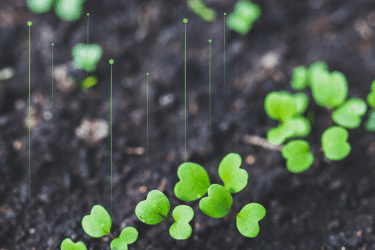We are looking for an Operations Director! Learn more and apply by March 6 for preferred application review.
ESIP News & Blog
Interested in collaborating? Get involved with ESIP
We welcome participation from individuals and organizations across disciplines and domains. If you're working with Earth science data, join your peers and colleagues at ESIP.







